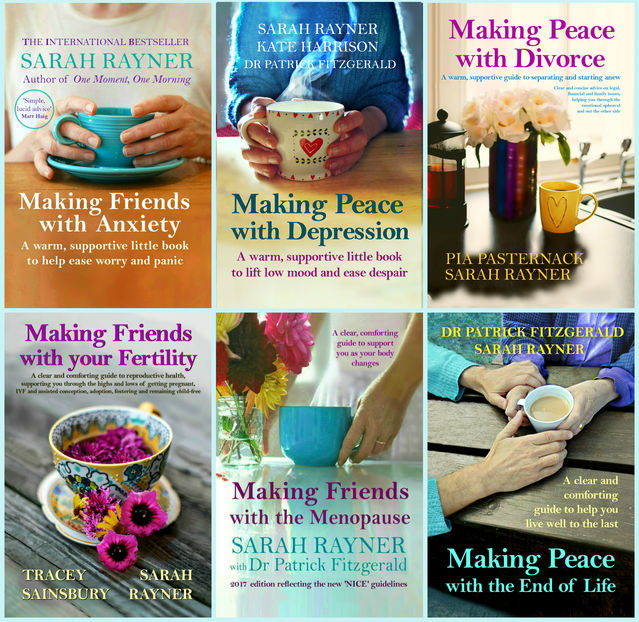Body Image
Mirror Mirror On The Wall, Whose Body Image Is Worst Of All?
Discover why teenagers and middle-aged women are so prone to poor body image
Posted May 11, 2019
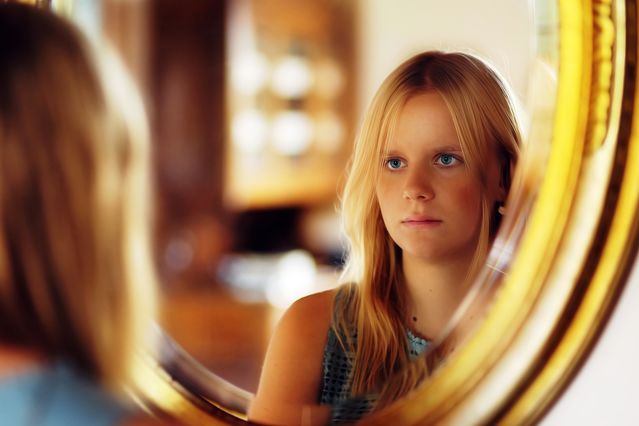
It's the start of Mental Health Awareness week in the UK and this year the focus is on body image. It’s rare to find anyone who is completely content with how they look, but it seems more and more of us are feeling unhappy in our own skin. Perhaps this is because in a world of selfies and Instagram, people are more focused than ever on appearing perfect.
Celebrities like Kim Kardashian have access to an army of stylists, photographers and retouching experts so it’s no surprise they are flawless in every shot. The result is the widespread promotion of unrealistic beauty standards which wouldn’t matter, except these constructs influence our self-perception and self-esteem.

Many teenagers experience profound self-loathing
Body dissatisfaction can affect anyone at any age, but in adolescence it is particularly common. A recent study of 11,000 14-year-old girls showed that girls spend far more time using social media than boys, and also that they are much more likely to display signs of depression linked to their interaction on platforms such as Instagram, WhatsApp and Facebook. Yet whilst the issue is particularly prevalent among teenage girls – 8 out of 10 are unhappy with their body image - 45 per cent of adolescent boys want to change their weight or body shape too.
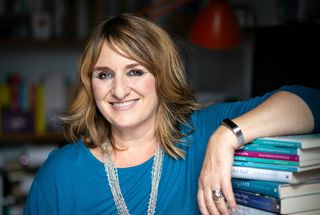
I’m not teenager but I’m not immune either. Yesterday a friend took a photo of me for a work project, for instance, and I hated it. This set me thinking about my own physical appearance and how self-critical I can be. My nose looks like a witch’s, I thought, and that turkey neck – ugh! As for the rest of me, I’ve bingo wings, my tummy sticks out… the list of defects went on, and in seconds I’d hit delete. But what led me to believe that my nose is so awful? Somewhere along the line, I learned that if you’re a woman, a pert little one is better. In this respect body image is not simply about our size or shape; it is the product of peer, social, cultural and familial values.
The ageing process can also take its toll on self-esteem

It strikes me that it’s often when we go through major physiological changes that we are particularly vulnerable to anxiety about how the rest of the world sees us, which is why another time women can find themselves especially uncomfortable with what the mirror reflects back is during the menopause. Certainly I found it hard to love the changes my body went through: I gained weight and felt so lethargic it was harder to motivate myself to keep fit. Hair loss, brittle nails and skin problems are also common as the sex hormones gradually shut down. All this along with grieving the loss of fertility can contribute to poor body image, big time. If you're going through the menopause and would like peer support you might like to join Making Friends with the Menopause on Facebook. It's a closed group so posts are only visible to members.
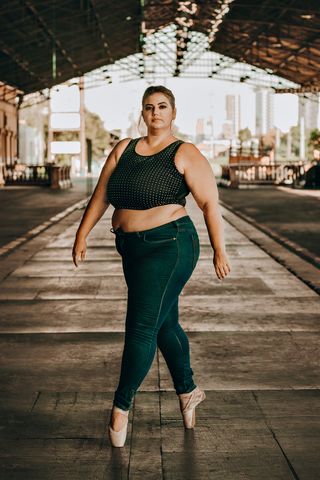
Why it's important to #bebodykind
Given poor body image is so common, how can we stop ourselves from getting caught up in such negative beliefs? I can’t quite bring myself to look in the mirror and go ‘Sarah, I love you’ without wincing, but what I can manage is to be kind to my body. This, according to Mark Rowland of the Mental Health Foundation, can help us ‘guard against the individual, family and cultural influences that can lead to a gnawing and sometimes debilitating sense of dissatisfaction with our bodies’.
According to the CBT model, body image is constructed of four elements:
- How you see your body
- How you feel about your body
- How you think about your body
- How you behave towards your body
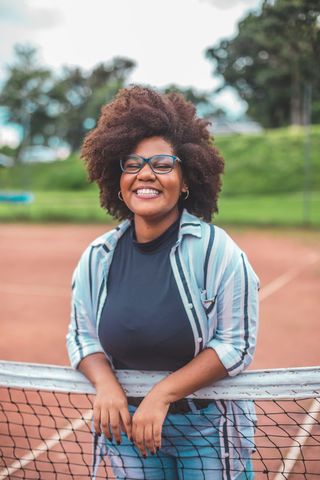
…with the first three affecting how we behave. (If we see ourselves negatively, we’re less likely to behave positively, and so on.) Yet it can be hard to alter how we think and feel, so often the simplest way to make a change is to change our behaviour. This doesn’t have to mean suddenly taking up a crazy exercise habit or adopting a strict eating regime. Far from it. You’re much more to maintain a habit if it’s attainable, so here are five simple ways to #bebodykind:
1. Acknowledge that the inner critic who wishes your body were different exists but is unhelpful: instead try to be more accepting of your body as it is. I’m going to say to myself, yes, I’ve got wrinkles and cellulite, but it’s my body and it gives me life, and for that I am grateful.
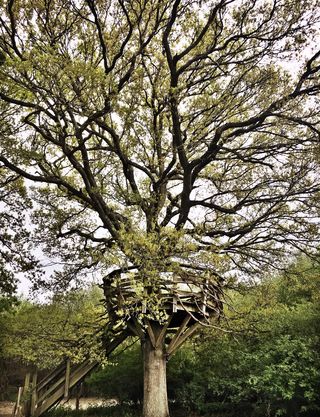
2. Listen to your body’s needs. Sometimes you might yearn to stretch, at another to take some exercise, drink or eat. Remember your body needs to rest, too.
3. Check who you follow on social media. Are there people in your feed prone to showing off their beautiful bodies and lifestyle? Chances are you’ll feel better about yourself if you follow friends or celebrities with more diverse interests. You’re welcome to follow me on either Instagram and/or Facebook and I can promise there won’t be a bikini clad picture of me in sight!
4. Time to be in nature. Allowing yourself to connect with every living being is a great way to shift the focus away from human perfectionism.
5. Pay attention to people around you. We are not all equally blessed, and if you notice someone struggling physically, be kind to them and offer support, whilst respecting their boundaries, obviously. Perhaps you could rub lotion into an elderly relative’s feet or hands or take a housebound friend out for the afternoon.
How might you more #bebodykind?
I’d love to hear in the comments if you've experienced issues with body image, and any tips you might have to pass on to that might help others improve to their self-esteem.
In the meantime, let’s remember that neither fat-shaming nor skinny-shaming is OK, and all body types – including yours – can and should be celebrated.
**
